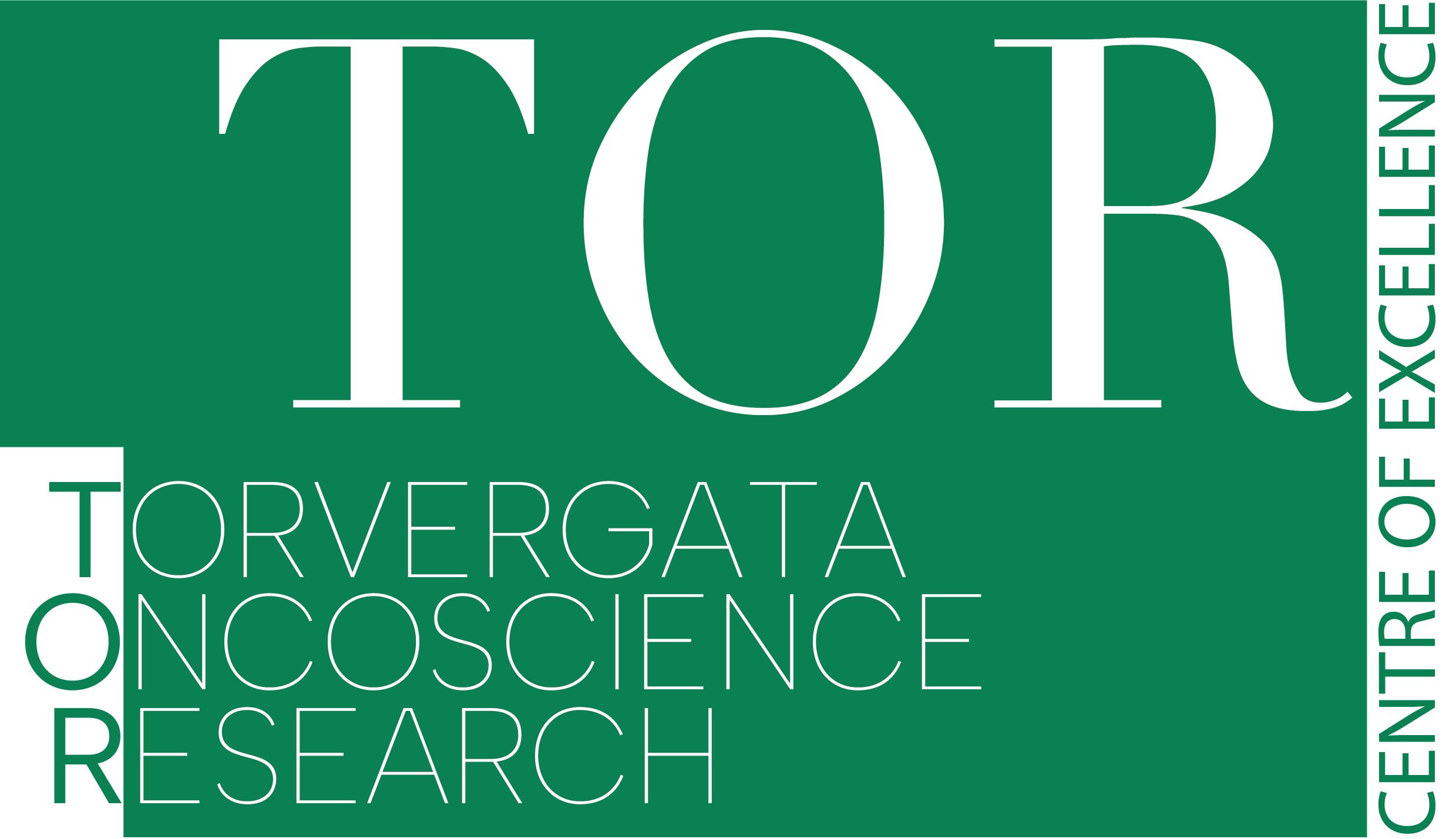Research Programme: Infectious diseases, host immunity and drugs discovery
Principal Investigator: Prof. Sandro Grelli

The scientific activity of professor Grelli focuses on the host-microorganism interaction for the understanding of retroviral infections and the mechanism involved in etiopathogenesis of the associated chronic diseases. His research concerns studies on apoptosis and immunological processes in cancer and infections; particularly on apoptotic mechanisms involved in the etiopathogenesis and therapy of HTLV-1 and HIV infections, evaluation of cytotoxic effects of anticancer and antiretroviral drugs, NF-kB involvement in drug induced apoptosis, identification of biomarkers of prognosis and predictive of the response to treatment for the management of patients.
In view of long-term therapies in HIV patients with virological suppression, it may be important to consider new immunological and viral markers. Indeed, the main objective of antiretroviral therapy goes beyond merely achieving virological success in the short term, but focuses primarily on maintaining it throughout the patient’s life in order to control the risk of disease progression. Therefore, in the context of patients in virological suppression, it is currently necessary and useful to identify new immunological and viral biomarkers associated or predictive of viro-immunological discordances. In particularly, by means of cytofluorometric approaches prof. Grelli studied the effect of antiretroviral treatment on immunological homeostasis and the characterization of immune profile in viremic HIV patients, identifying new tools able to predict an early immune reconstitution potential. Moreover, he is involved in a project for the development of an ultra-sensitive test to evaluate the potential of viral replicative exacerbation on blood samples peripheral of ART patients in HIV with low level viremia, using the RT-qPCR method and to evaluate the activity of new compounds with potential antiretroviral activity towards HIV in vitro.
Human T-lymphotropic virus type 1 (HTLV-1) is the causative agent of serious hematological disorder, the adult T-cell leukemia/lymphoma (ATL), which affects CD4 + cells. Individuals infected with HTLV-1 can develop also a neurological disorder, the tropical spastic paraparesis (TSP). HTLV-1 is widespread in endemic areas in Central and South America, central and southern Africa, the Middle East, and Japan, as well as specific local communities such as Australian Aborigines. However, thanks to the increase in migratory flows and globalization, the geographical distribution of the virus is today much less defined. About 5-10 million people worldwide are estimated to be infected. Only 10% of infected individuals develop disease after many years of latency, since HTLV-1 persists thanks to the interactions of the viral regulatory proteins with the cellular factors that regulate cell proliferation/ death of the host cells. There are not currently vaccines or effective therapeutic approaches for the treatment of HTLV-1 associated diseases. Prof. Grelli research is focused on the evaluation of new antiretroviral compounds, by original cell/virus-free assays and in vitro experimental cell-to-cell transmission infection model assays. Another research objective is to identify new possible combination therapeutic approaches to induce pro-apoptotic synergistic effect towards HTLV-1 transformed cells, and not towards normal cells. For the development of these new therapeutic approaches, he is studying the effect of the combination treatment on the expression of pro or anti-apoptotic genes and on the cascade of signals related to the transcription factor NF-kB.
Recently
another research focus of Prof. Grelli is on the role of human endogenous
retroviruses (HERVs) in complex
disorders. HERVs are genetic elements, relics of ancestral infections of
germ line cells by exogenous retroviruses, fixed in the human genome during
evolution.
Due their co-evolution with humans, some HERV
sequences have been co-opted for phisiological functions, while the vast
majority of HERVs have been inactivated by genetic rearrangements and
mutations. Interestingly, HERVs re-activaction have been associated to many
complex disorders including cancer,
autoimmune and neurological and neuropsychiatric disorders. Research activity
has concerned the involvement of HERVs
in tumor aggressiveness and stemness. Particularly, the responsiveness to
antiretroviral drugs treatment of cancer cells with stemness features and
expressing HERVs have been studied as innovative approach to treat aggressive
tumours and proposed in combination with chemotherapeutic/radiotherapy
regimens. Moreover,
another research objective concerns the role of the abnormal HERVs activity in neurodevelopmental
disorders, such as autism spectrum disorders (ASD) and attention deficit
hyperactivity disorders (ADHD), that arise clinically during early childhood or
adolescence. Currently, neurodevelopmental disorders etiopathogenesis has been
attributed to the interplay among genetic vulnerability, environmental risk
factors, and maternal immune activation. The role of HERVs in human
embryogenesis, their intrinsic responsiveness to external stimuli, and the
interaction with the immune system support the involvement of HERVs in the
derailed neurodevelopmental process. The studies identified HERVs and cytokines
as molecular signature of ASD that permits to discern affected children and
their mothers from healthy controls. HERV/cytokines expression could be
considered in a set of biomarkers, easily detectable in blood, and potentially
useful for an early diagnosis.
